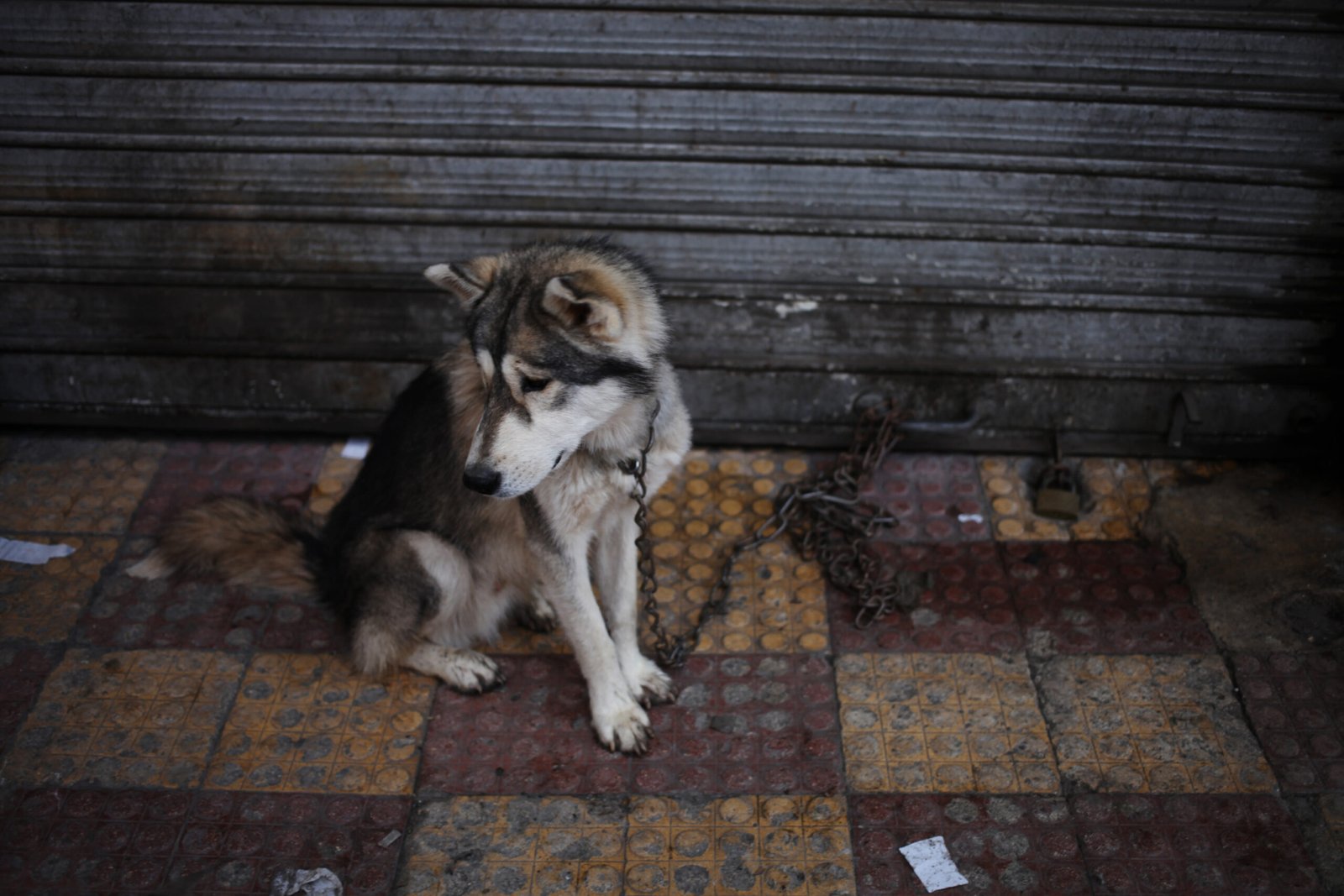animal abuse
Pet Abusers Beware: New Bill Demands Proper Care and Nutrition for Domestic Animals

A proposed bill aimed at enhancing Arizona’s animal cruelty laws is gaining bipartisan traction in the Legislature. Dubbed SB1234, the legislation seeks to establish clearer definitions regarding humane treatment and suitable living conditions for pets.
Primarily, the bill delineates what inhumane conditions entail, updates the standards for food, water, and shelter, and introduces a misdemeanor charge for neglecting to provide necessary medical treatment to animals. This initiative follows a disturbing incident in September 2023, when authorities seized 55 disabled dogs from a Chandler residence. April McLaughlin, the homeowner, faced multiple charges including animal cruelty, fraud, and theft.
The rescue operation took three weeks, primarily due to the inadequate existing language around animal welfare that hampered the Chandler Police Department’s ability to act swiftly. Dr. Steven Hansen, president and CEO of the Arizona Humane Society, highlighted the shortcomings in current legislation regarding suffering and essential needs such as food and shelter.
Many animals treated after rescue presented severe injuries, including fractured limbs and agonizing conditions. Hansen reported the emotional toll this took on the Humane Society staff, recounting the heartbreaking experiences as injured dogs were brought in for care.
To address these concerns, Hansen collaborated with Senator Shawnna Bolick, R-Phoenix, to draft the bill. This legislation builds upon a similar proposal from last year by Senator T.J. Shope, R-Coolidge, which did not advance. SB1234, however, has successfully passed several committee reviews and awaits further deliberation by the Senate.
The updated bill mandates that water must be drinkable and that food must be appropriate for the specific species, while ensuring that shelter provides ample protection and space for animals. It also raises the standards for what constitutes acceptable feeding and watering conditions.
Currently, the law allows for insufficient water sources, including mud puddles or contaminated containers, to be considered adequate. One critical change in the proposed law shifts the accountability for ensuring veterinary care from a standard of “protracted suffering” to one of preventing “unreasonable suffering.” This refinement aims to strengthen law enforcement’s ability to respond promptly to cases of significant animal distress.
Bolick emphasized that the bill is intended to equip law enforcement with better tools to protect and rescue animals from abuse swiftly. The primary goal is to ensure that authorities can act decisively in the most severe cases.
Importantly, this legislation will not target individuals experiencing homelessness or those caring for farm animals. Hansen clarified that the bill focuses on serious cases of neglect or abuse rather than minor health issues. “We’re not addressing the average scenario of a dog with an ear infection,” he stated.


















